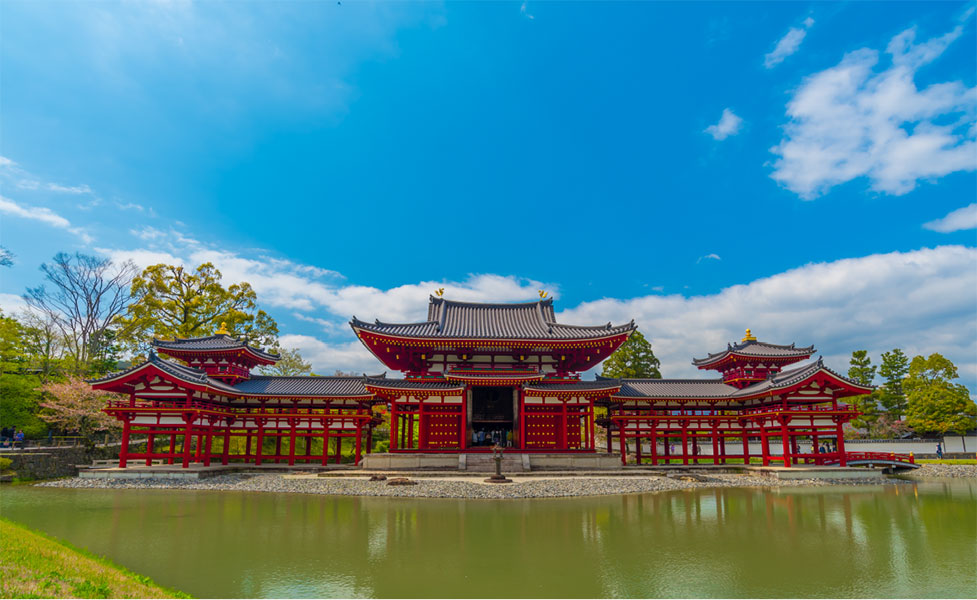VENUE
Symposium Hall, International Science Innovation Building (West Building) 5F, Yoshida campus, Kyoto University
Bldg. #69 on the map that can be downloaded from the link below
Sixth International Symposium on Human Survivability
“Bridging the Divide Between Science and Culture:
The Role of Human Survivability Studies”
7 December 2017, Kyoto University, Japan



Organized by the Graduate School of Advanced Integrated Studies
in Human Survivability (GSAIS/ Shishu-kan), Kyoto University,
in collaboration with the Management of Social Transformations (MOST) Programme, UNESCO
Symposium Hall, International Science Innovation Building (West Building) 5F, Yoshida campus, Kyoto University
Bldg. #69 on the map that can be downloaded from the link below
Concept Poster / Flyer Program
Speaker Profiles
Welcome Speech and Keynote Lecture
Session 1
Session 2
Session 3
Panel Discussion and Closing Remarks
Abstracts
Keynote Lecture
Session 1
Session 2
Session 3
DEROCHE, Marc-Henri
IALNAZOV, Dimiter Savov (Chair)
ISOBE, Hiroaki
YAMASHIKI, Yosuke
English
(translation will not be provided)
Free of charge, but advance registration is required (until 30 November 2017) Please register online at the following web site:
Those who did not register online until 30 Nov. 2017 but wish to participate in the symposium can register on the day of the symposium
During the symposium we will argue that to overcome the fragmentation and compartmentalization of knowledge, we need to explore deeper the complementarity between science and culture. The Sixth International Symposium on Human Survivability aims to bring together scholars from humanities, natural and social sciences, who are united by the idea that bridging the gap between science and culture is indispensable for achieving the sustainable development goals (SDGs), as well as for dealing with present and future threats to human survivability.
The Graduate School of Advanced Integrated Studies in Human Survivability (GSAIS/ Shishukan) runs a 5-year PhD program aiming to raise young future leaders who can find novel solutions to complex social issues such as climate change, resource depletion, biodiversity loss, poverty, and inequality, food security, population pressure, the spread of infectious diseases, etc. Human Survivability Studies is an integrated academic field that aims to integrate knowledge or wisdom from individual disciplines related to the survival of mankind and global society. Our final goal is to contribute to the creation of a sustainable future for humanity.